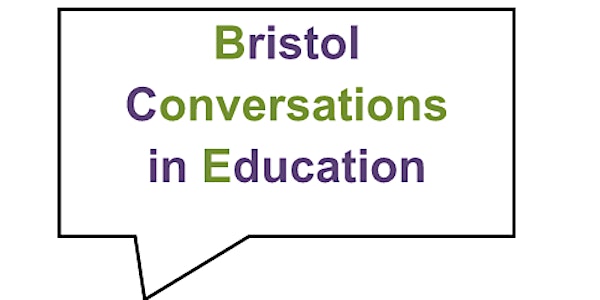
Same, same but different? A comparative cultural political economy analysis of educational responses to the Syrian crisis
Date and time
Location
4.05/4.06
School of Education 35 Berkeley Square Bristol BS8 1JA United KingdomDescription
This event is part of the School of Education's 'Bristol Conversations in Education' seminar series.
Speaker: Ritesh Shah
Since the start of the Syrian civil war in 2011, over seven million refugees have fled out of the country. The majority are currently being hosted in the neighbouring countries of Turkey, Jordan, and Lebanon. From the outset, the receptivity to hosting, integrating, and resettling refugees in these countries has varied, as has the shape, form, function, and purpose of education services that have been provided to this population. In this presentation I seek to critically interrogate the factors that have driven and guided this varied response in each of these countries.
In doing so, I draw on recent work done by Robertson and Dale (2015), to demonstrate how using a cultural political economy of education approach (CCPEE), the “education ensemble” of the Syrian refugee crisis and response can be cracked open to unpack the variety of competing notions of education’s role and function for Syrian refugees in the cultural, political, and economic development of global, regional, national, and sub-national projects. In doing so, the analysis seeks to reveal, rather than hide the complex interplay between education provision for Syrian refugees and the structures and institutions which operate at multiple scales in such contexts. I explore how issues of legitimacy and sovereignty are particularly resonant for these three nations in light of historical and current political, social, and economic pressures internal and external to the nation-state itself. Through close scrutiny of the fashion in which the education (and wider geo-political) response has been coordinated, funded, regulated and owned since the start of the crisis, I contend that a cohesive, singular regional response to the millions of Syrians seeking educational opportunity in neighbouring countries has been an illusion at best, and a deception at worst.